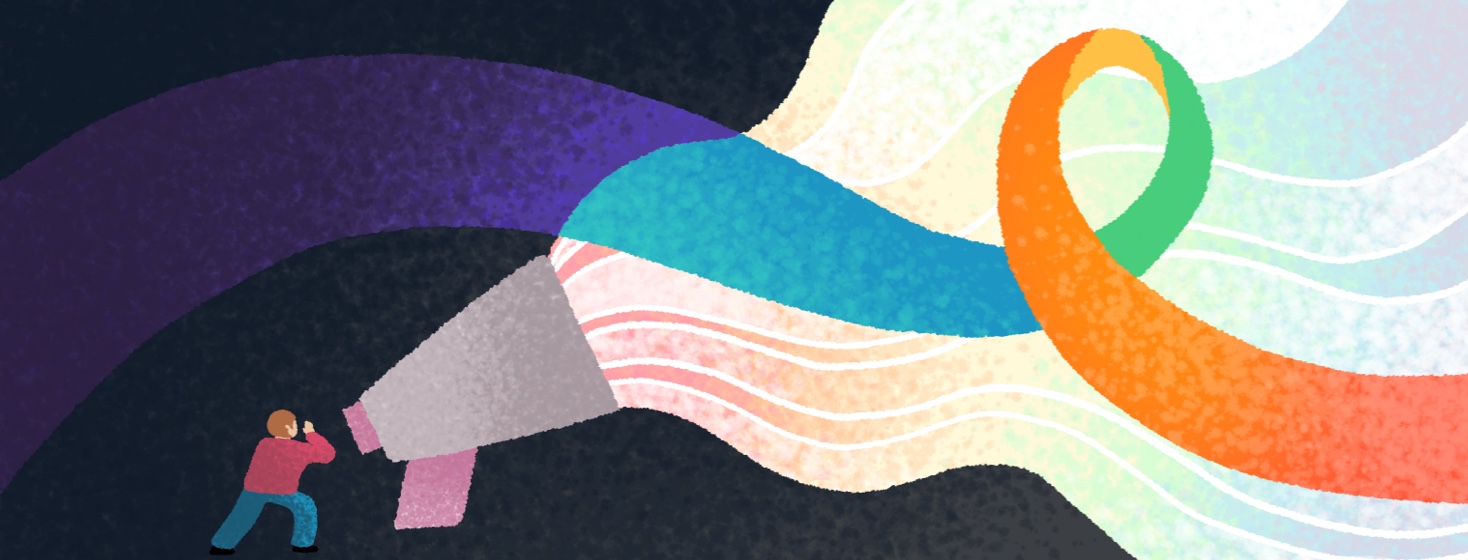Pride Month, An Ally's Perspective
The month of June is set aside and known as Pride month, commemorating the 1969 Stonewall Uprising in Manhattan, which was a tipping point for the Gay Liberation Movement in the United States.
To me, as an ally, the month is a chance to get to celebrate the progress and raise awareness of the need for more progress to address the inequities in the LGBTQIA community when it comes to healthcare. FYI, that acronym stands for lesbian, gay, bisexual, transgender, queer/questioning (one's sexual or gender identity), intersex, and asexual/aromantic/agender. I didn't know and had to look it up.
How does that apply to the breast cancer and the metastatic breast cancer community?
As anyone who presents as "different," we know that systems like the healthcare system don't often account well for and address those differences. Those individuals who identify as a gender different from the one assigned to them at birth present a conundrum for many healthcare workers who have no idea how to handle someone different from what they expect.
For many, filling out healthcare forms is a minefield of triggers since the categories don't often apply or inappropriate questions are asked. Additionally, the actual experiences of many people in this community affect their risk for different types of cancer.
For example, a friend of mine who identifies as a lesbian woman shared with me recently that the fact that many lesbian women don't have children and then never breastfeed affects their risk significantly for developing breast cancer.
While I know that having children and breastfeeding can be a protective factor longitudinally for developing breast cancer, I hadn't connected those dots for others.
Triggers when accessing care
I encounter triggers when accessing care, and I'm a white woman who identifies as my assigned gender at birth, so hearing about those things that are harder for those in our community when accessing the care that is already a minefield just breaks my heart.
Over the years that I've been married to my dark-skinned husband and parenting mixed-race boys together, I've learned a few things about how we can all use our privilege to help others. Here are some thoughts:
- Ask questions. Many people who have different experiences don't have an outlet to talk about them or are ignored. When you meet someone who has had a challenging experience, ask them about it.
- Speak up. If there is a situation happening within your earshot, speak up. If you learn about how people in our community are treated differently, ask questions of the leadership of your cancer center or support group or otherwise.
- Show up. If there is an educational opportunity or march or discussion about people who are different than you, show up to learn more. If there is someone you know who is being treated differently, offer to accompany them to their appointments.
- Hold Space. While it is good to learn and ask questions when there is an unfamiliar situation, sometimes the person who is experiencing bigotry or marginalization just needs you to be there, to be present with them. I find it hard to always know when to do this but have never experienced holding space as the wrong choice.
- Be Open. The experiences of people different from us can often be baffling, and it's easy to assume that the person themselves might be at fault rather than the system as a whole. I remind myself daily to be open to the possibility that I don't always know.
One of the best things about the MBC Community is that we do show up for each other, and I see others in the community all the time speaking up, and there are always opportunities to learn more about how to do this better and more often.

Join the conversation